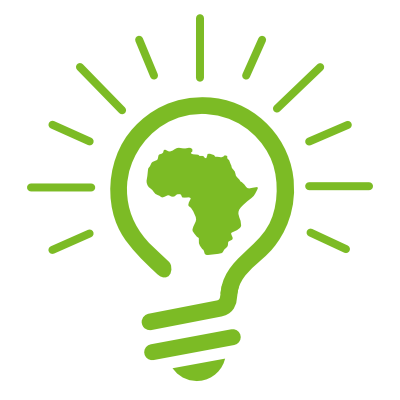The BRICS Youth Energy Outlook, which aims to understand how young people view the development of the energy sector in Brazil, Russia, India, China, and South Africa (BRICS countries), took place last week. This year, young developers from Brazil achieved first place for their research paper, while a South African team from the University of Pretoria was awarded second place.
Earlier this month, Rosatom Central and Southern Africa participated in the presentation of the BRICS Youth Energy Outlook, a global energy youth study that aims to understand how young people see the development of the energy sector in Brazil, Russia, India, China, and South Africa (BRICS countries). Five teams of young researchers from each country presented their papers and exchanged opinions with leading industry experts and energy policy makers on the challenges that BRICS countries will face in the field of energy development.
This year, the third edition of the global energy youth study, teams made up of 190 young researchers representing 42 leading BRICS universities united. Young developers from Brazil achieved first place for their research paper, while a team from the University of Pretoria was awarded second place.
“The report is very well done. I encourage these young professionals to continue actively seeking the solutions to the globe’s energy challenges,” Acting CEO of Rosatom Central and Southern Africa, Ryan Collyer said.
The report explored the important role that nuclear technologies have to play in reducing carbon emissions and balancing the energy mix in any country. “If South Africa is endowed with many energy resources, ranging from coal to wind and solar, why go down the nuclear route? The answer to this has everything to do with the balancing act known as the energy trilemma, which aims to balance security of supply, cost efficiency and at the same time minimise environmental impact. Nuclear is one of the only energy sources that ticks all three of these boxes,” said Collyer.
Collyer explained that South Africa should actively explore Smart City solutions, which have the potential to benefit the citizens of South Africa by providing better access to basic services such as electricity. “While I agree that South Africa should look to the global market for solutions, a tailored South African solution, focused on South African challenges is what is needed to succeed,” said Collyer.
The South African team was made up of Jessika Bohlmann (Phd Candidate, Research Assistant), Jacobus Nel (PhD Student), Alanda Venter (PhD Student), Ashley Gandy (Masters Student) led by Vanessa Ndlovu (PhD Candidate).



